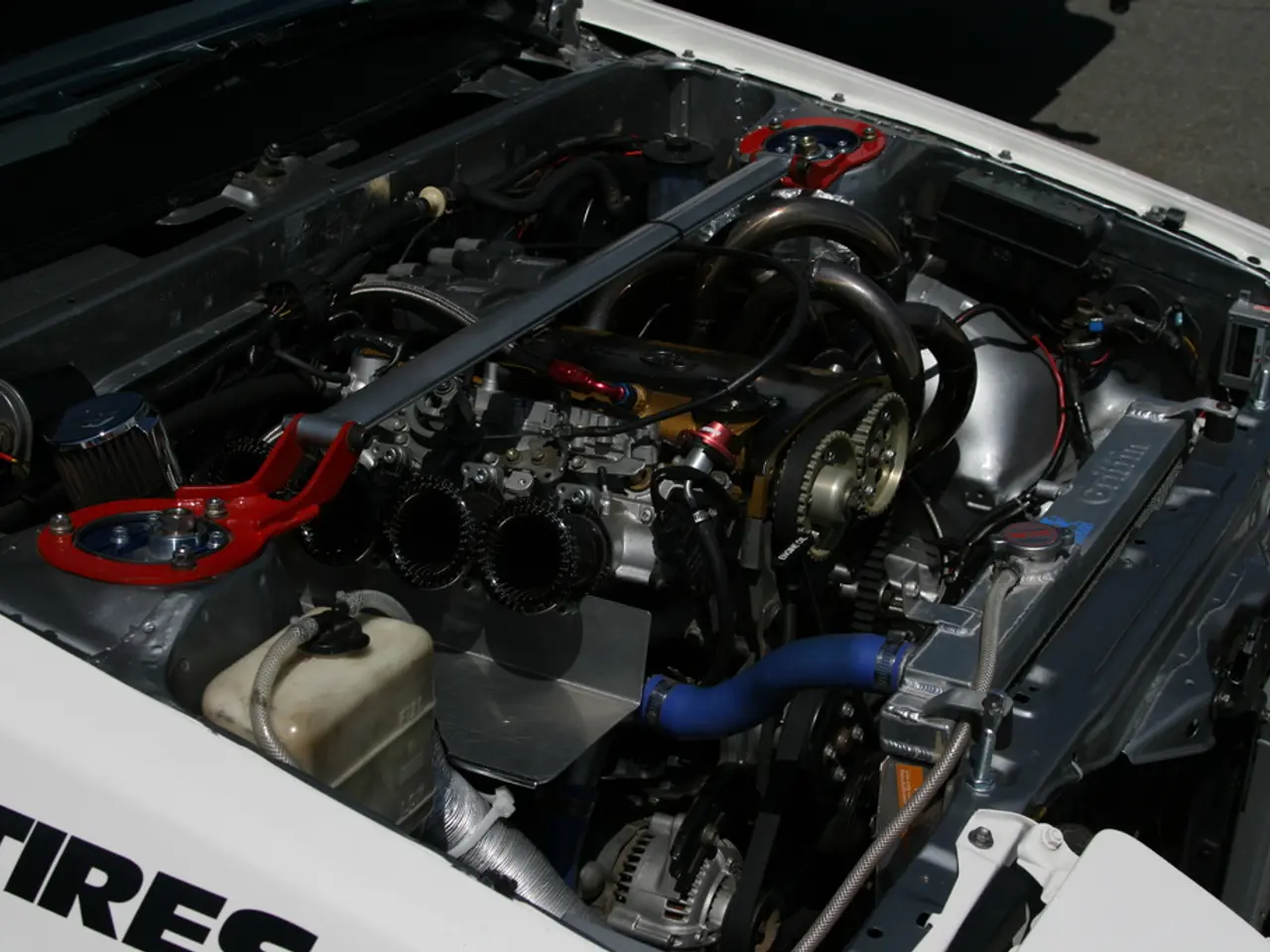Supplies hydrogen generators to Ukraine: Startup PowerUP kicks off campaign for deployment
Estonian startup PowerUP Energy Technologies has launched a crowdfunding campaign to deliver a UP1K hydrogen generator to a Ukrainian drone team operating on the front lines. The aim is to provide a safer power supply and demonstrate the capabilities of hydrogen generators in the field.
The campaign is active on Estonia’s largest platform, Hooandja, and seeks support for Ukrainian UAV operators by providing a hydrogen generator that charges batteries and powers essential equipment like Starlink internet. As of late July 2025, the campaign is ongoing.
The UP1K hydrogen generator offers significant advantages in conflict zone contexts. It emits only water vapor with zero CO2 emissions and minimal heat signature, making it undetectable to thermal imaging—a crucial feature for frontline and trench operations, reducing both risk and visibility to enemies.
By potentially producing hydrogen fuel onsite in the future via electrolysis, it provides Ukrainian teams unprecedented energy independence, lowering their reliance on vulnerable fuel supply chains that are logistically complex and dangerous. The generator also reduces the need for soldiers to leave shelters to start fossil fuel generators, enhancing their safety.
PowerUP Energy Technologies, founded at UC Berkeley in 2016, has been focused on developing electric generators based on hydrogen fuel cells. The UP1K generator is low-heat and quiet, providing safety and stealth in conflict zones. Each mobile unit can fill dozens to hundreds of small hydrogen cylinders, making transportation easier.
The hydrogen used by PowerUP is stored in traditional 50-litre steel cylinders, which are already widely used for other gases in industries like auto repair or hospitals. Hydrogen generators emit only water vapour during operation, reducing CO2 emissions and heat footprint. Hydrogen technology has great potential in Ukraine, as it is produced in large quantities by Ukrainian industrial companies.
PowerUP designs systems up to 10 kW continuous from fuel cells and up to 100 kW peak from batteries. The batteries handle the peak loads and initial power, while the fuel cells provide continuous power, reducing the size and weight of both components. This combination can significantly reduce the CapEx investment for customers and increase the lifespan of the systems.
The hydrogen technology is relatively safe to use on the battlefield, as demonstrated by extensive testing with the Estonian armed forces. PowerUP is also working with military hospitals and camps as part of an Estonian defence force consortium, piloting the use of hydrogen for critical infrastructure.
PowerUP is currently closing its Series A round and is hiring, especially for sales and marketing positions. The price of green hydrogen varies significantly by country, with prices in the Netherlands being competitive with diesel, while prices in Germany have reached as high as €200/kg.
This crowdfunding campaign represents a first step while PowerUP is moving to scale its production capacity and funding. The startup currently has production capacity for up to 30,000 units per year and is actively hiring to scale sales and marketing alongside production.
In summary, PowerUP’s crowdfunding campaign is ongoing as of late July 2025, focused on delivering at least one UP1K hydrogen generator to aid Ukrainian drone teams by providing safer, stealthier, and more independent power. PowerUP is simultaneously expanding its operational and financial capacity to scale this technology further.
The ongoing crowdfunding campaign on Estonia's largest platform, Hooandja, not only aims to deliver a UP1K hydrogen generator to Ukrainian drone teams but also seeks support in the field of technology and finance, with the ultimate goal of demonstrating the capabilities of hydrogen generators in the energy industry.
With the potential to produce hydrogen fuel onsite via electrolysis, PowerUP Energy Technologies is working towards providing Ukrainian teams with unprecedented energy independence, a significant advantage in conflict zone contexts, by reducing their reliance on traditional, vulnerable fuel supply chains in the finance sector.



